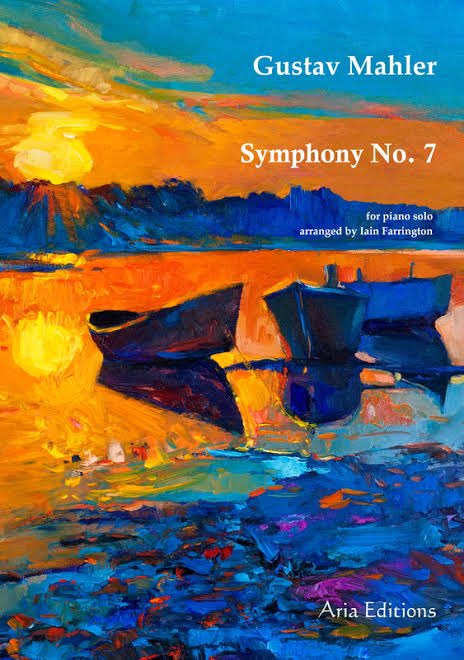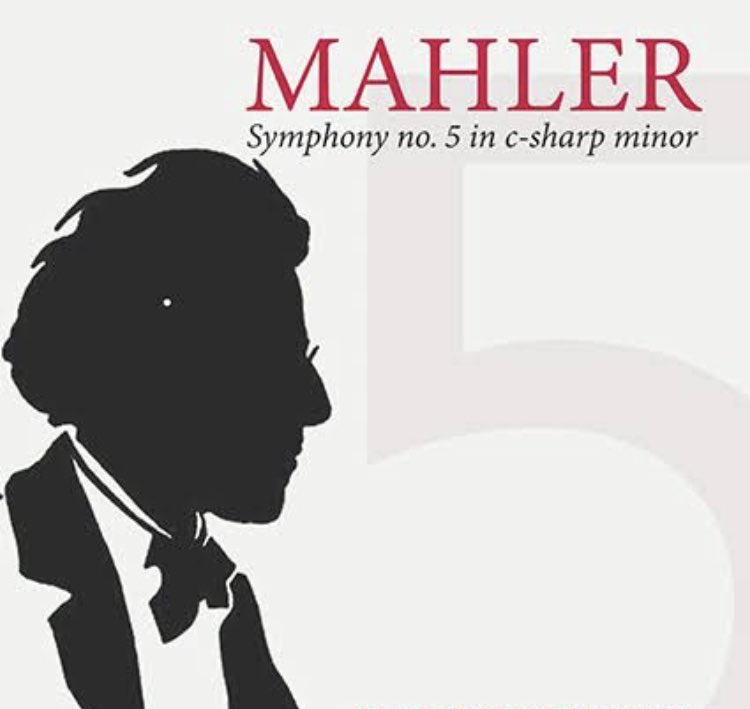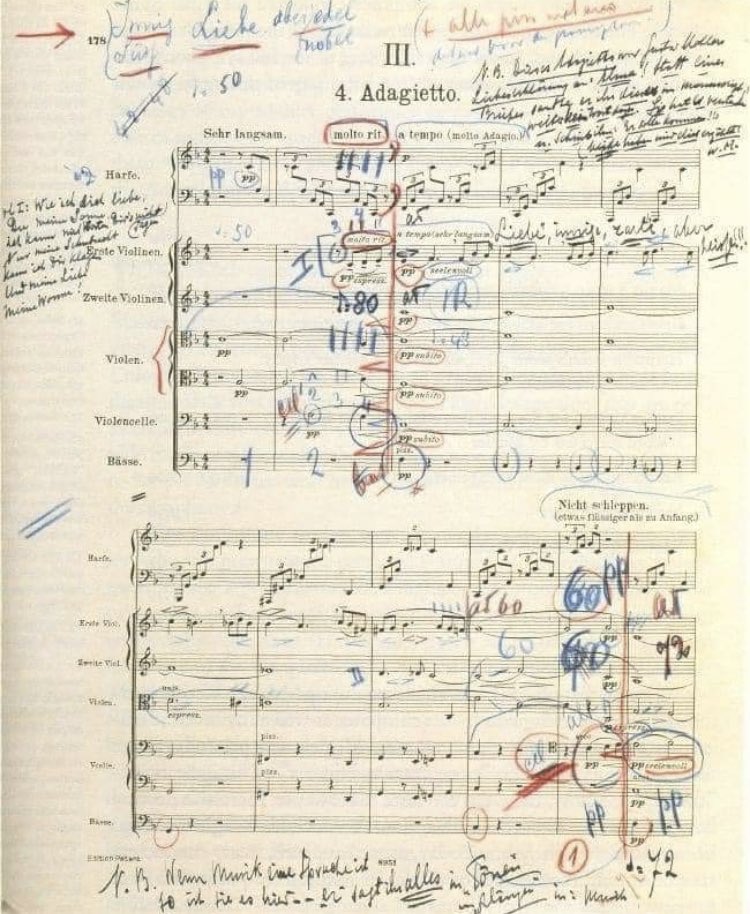Happy birthday Gustav #Mahler (Kalist, now Czech Republic, 1860). Few, if any will say he’s the best or the most important conductor, but that really that doesn’t matter, he is my favorite conductor and there are many reasons for this, I’ll mention a few in this short thread. 

He wrote symphonies and Lieder, beautiful, breathtaking ones. His sensibility developed from early life, listening to marching bands near his home, soldiers singing with gusto and above all, the sounds of nature that echoed his own inner life experience. 

He battled to be heard throughout his musical career. From his days at Conservatory in his teens, finding visiting conductor work, to fighting to get his own compositions played. 

Mahler went against the current musically, sometimes looking to other composers like Bach and Wagner for a better understanding of what he wanted from his music. 



He first made a mark, not as a soloist (he played the piano, he rocked Beethoven apparently 🤘🏻), or a Composer (he didn’t exactly excel in Conservatory), but he did as a Director. Gustav’s work was not only recognized but lauded. His Wagner operas especially were legendary. 



Music drama followed in part the complexity of his personal life. This is the other aspect to know about Mahler, he lived his music, I believe, more than most composers. That’s why his oeuvre resonantes with me, us. 

I am sure there are many things to understand of his music (orchestration, use of strings, timpani, brass, vocal arrangements) but to understand Mahler, we should observe he also resides in the human condition, the psychological condition I’d say. 

He turned day-to-day angst, pain, grief or tragedy into meaningful sound. He wrote joyful music as well. His Fourth and Seventh continuously shift between sadness, innocence and despair, to weirdness and symbolic laughter. 

His use of Lieder is not a plain forward vocal essence, but a decree of an idiom were the self resonantes in every word. 

Finally, he was loved by many, Alma, his daughters, sisters and friends, for them he was Gustav, a sensitive and brilliant man who showed his humanity not just with music but with love. 



Alma and Bruno Walter wrote in different books what I believe is the portrait of Mahler to take in. Of course there are many books on Mahler, of course La Grange is essential here, perhaps even Adorno for different reasons. 



However, if you want to know the man in the artist, look for Alma and Walter. Happy birthday Gustav, thanks for the music. 



• • •
Missing some Tweet in this thread? You can try to
force a refresh






















